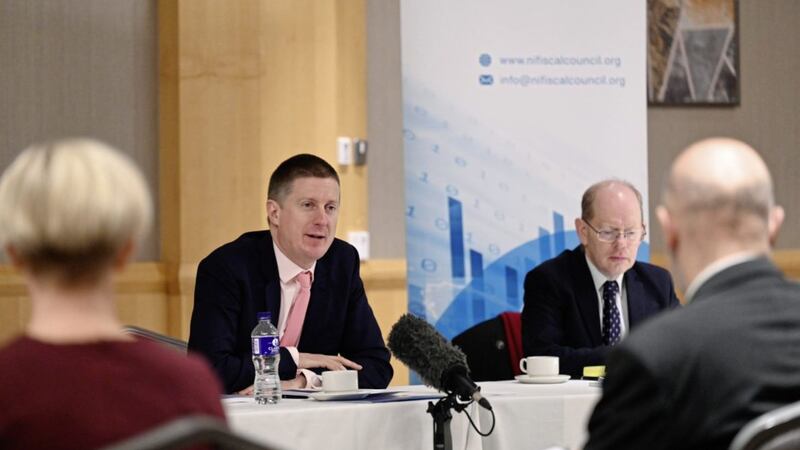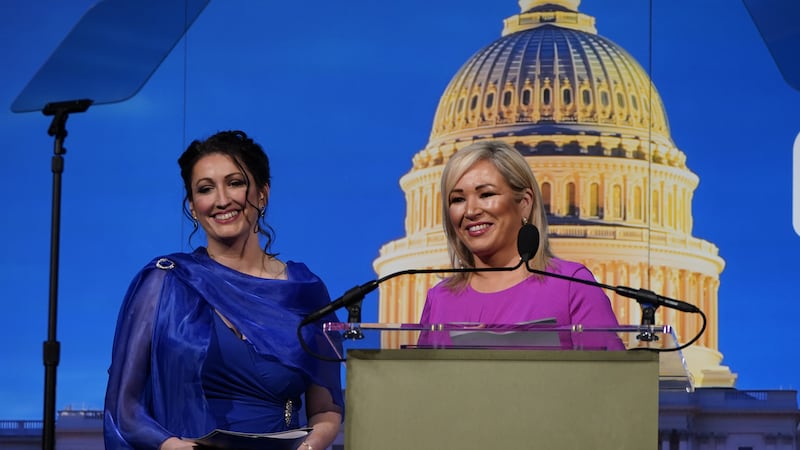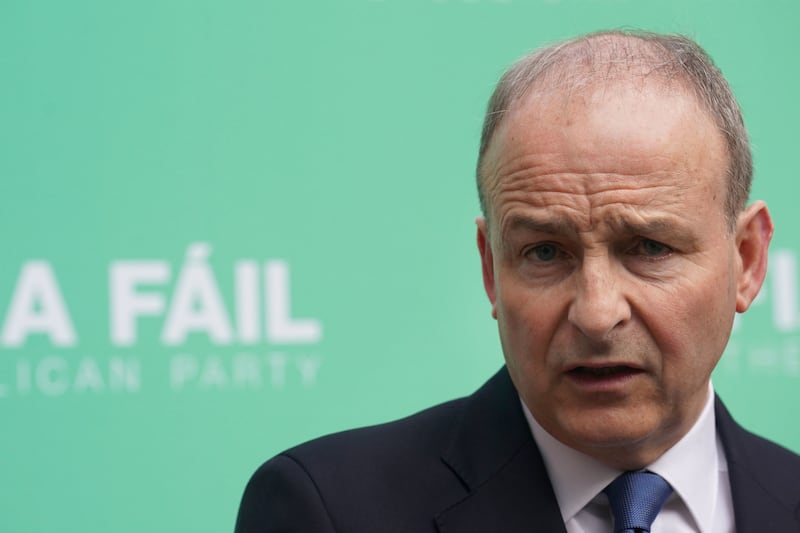THE way the UK government is administrating money designed to replace EU funding in the north has the potential to undermine transparency, the chair of Stormont’s new independent financial watchdog has said.
Sir Robert Chote was speaking in Belfast on Tuesday as the Northern Ireland Fiscal Council published its first body of work.
Tasked with bringing greater transparency and independent scrutiny to the executive’s finances, the body has assessed the implications of the latest Spending Review for Stormont.
Sir Robert, who spent ten years as chair of the UK's Office for Budget Responsibility (OBR), said the executive has “a golden opportunity” to agree a reforming three-year budget.
“The immediate challenge for the parties is to agree a shared set of priorities for the draft budget – in practice, what proportion of the additional resources provided in the Spending Review to devote to health and then which objectives to prioritise thereafter,” he said.
But the respected economist said London’s micro management of the post-Brexit Shared Prosperity Fund, designed to replace EU funding, and the recent ‘levelling up’ grants administered by the UK Government, remain “a cause of anxiety” for the devolved administrations.
The Northern Ireland executive had been receiving around £400 million annually from the EU in the years leading up to Brexit.
Around £200m came in the current year via legacy projects and the PEACE programme.
Whitehall is now overseeing the new Shared Prosperity Fund, with seemingly little input from the devolved administrations.
“Might you end up in a situation where the UK Government and the executive will have objectives in the same area and are spending in competing or inefficient ways?
“There is clearly the potential for this to end up undermining transparency,” said Sir Robert.
The fiscal council chair said the publication of a draft budget in Northern Ireland means the process is in some ways, more open and transparent than at the UK level.
But he said there is a frustration around the way figures are presented and the ability to compare spending plans with previous periods.
That was exposed in October, when Finance Minister Conor Murphy challenged the Treasury’s figures on the extra funding allocation for Stormont across the next three years.
The Treasury’s ‘Red Book’ said the executive is in line for an additional £1.6 billion per year. But the Department of Finance said compared to the 2021-22 budget, the executive will receive an additional £450m, £670m and £866m for day-to-day spending in the next three years.
“One of the challenges for us, which we’ve made some progress on, but there’s further to go, is trying to be able to present people with a consistent picture of where the money comes from, where it goes over time,” said Sir Robert.
“That will make it easier to understand what’s significant about new budgetary decisions that are taken.”







